QuestionI can't answer the Mandatory Questions as I do not have the turtle yet I only have my 550 gallon turtle tank with my current Female Yellow Bellied Slider.
I don't have a picture still waiting for one.
I know there are like 20 subspecies of ASN turtles and would like to know if you could narrow it down for me
It is a small species tan and gray but more tan the skin is a grayish color. Yeah that is all I have to go on LOL
And what is your experience with ASN's and other turtles? It would be temp but can they be housed with RES and YBS? If not I have a huge stock tank I can use.
I have heard mixed things One says the smaller variety can be housed with other species some say they can't.
My own experience has only been with a mean as hell hilarii who ate my adult Red Ear Slider female
and a sweet Gibba who was housed with both southern painted turtles and a ybs but sadly died young due to a filter that was too strong and it's shell got stuck and she drowned.
AnswerI have never kept African Side Necks, so I can't really help with ID any better than you could probably get from somewhere like Austin's turtle page or World Chelonian Trust.
What I do know is that in my 25+ years of reptile experience, that keeping different species together which don't even reside on the same continent in the wild is a NO NO. This is reptile keeping 101 in my opinion. RES and YBS can be kept together, yes, because they can encounter each other in the wild. Something from Africa should never be kept with something from the US or another region, which makes them foreigners to each other completely.
Not only might the species be hostile to each other, but species from different parts of the world have different immunities and can carry different parasites and pathogens. I don't care how they get on with each other, well or not. Keeping virtual aliens together in captivity is irresponsible and just not good common sense. They need separate habitats.

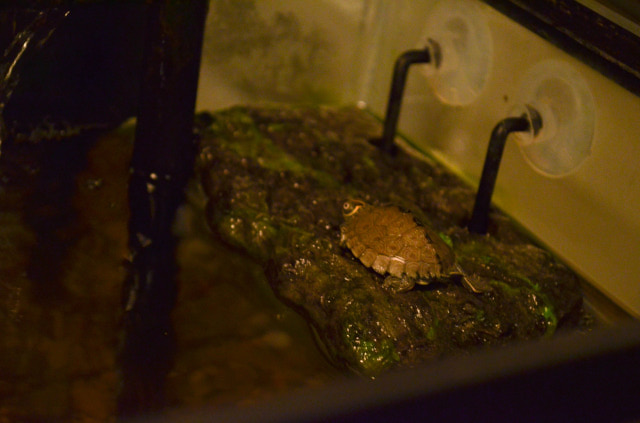 baby RES is lethargic
Question
Baby, "Harry Potter" Malfoy &n
baby RES is lethargic
Question
Baby, "Harry Potter" Malfoy &n
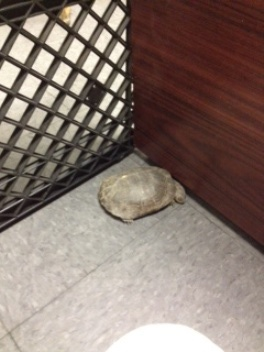 turtle id
Question
turtle id
hello, i would like to know w
turtle id
Question
turtle id
hello, i would like to know w
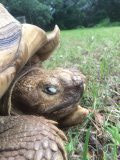 sick spur thigh
Question
Right Left
African Spur Thigh, T
sick spur thigh
Question
Right Left
African Spur Thigh, T
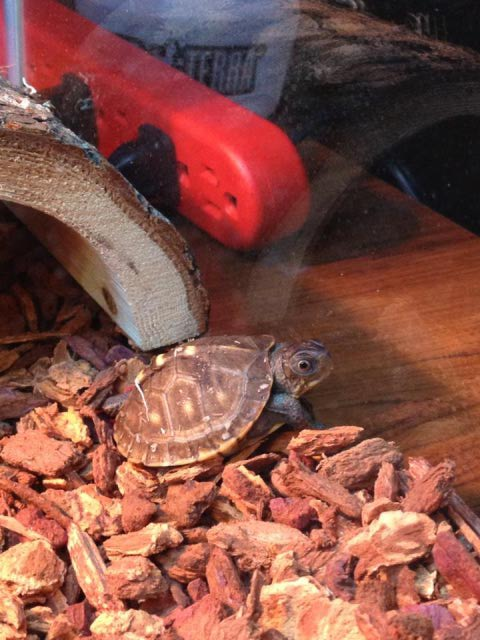 Baby Eastern Box Turtle
QuestionQUESTION: I just acquired a baby eastern box tu
Baby Eastern Box Turtle
QuestionQUESTION: I just acquired a baby eastern box tu
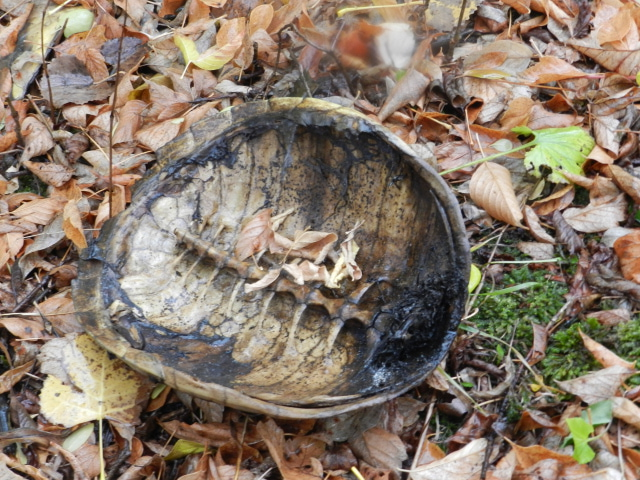 Found top of empty turtle shell
QuestionQUESTION: Hi my name is Angela and I live in Mi
Found top of empty turtle shell
QuestionQUESTION: Hi my name is Angela and I live in Mi